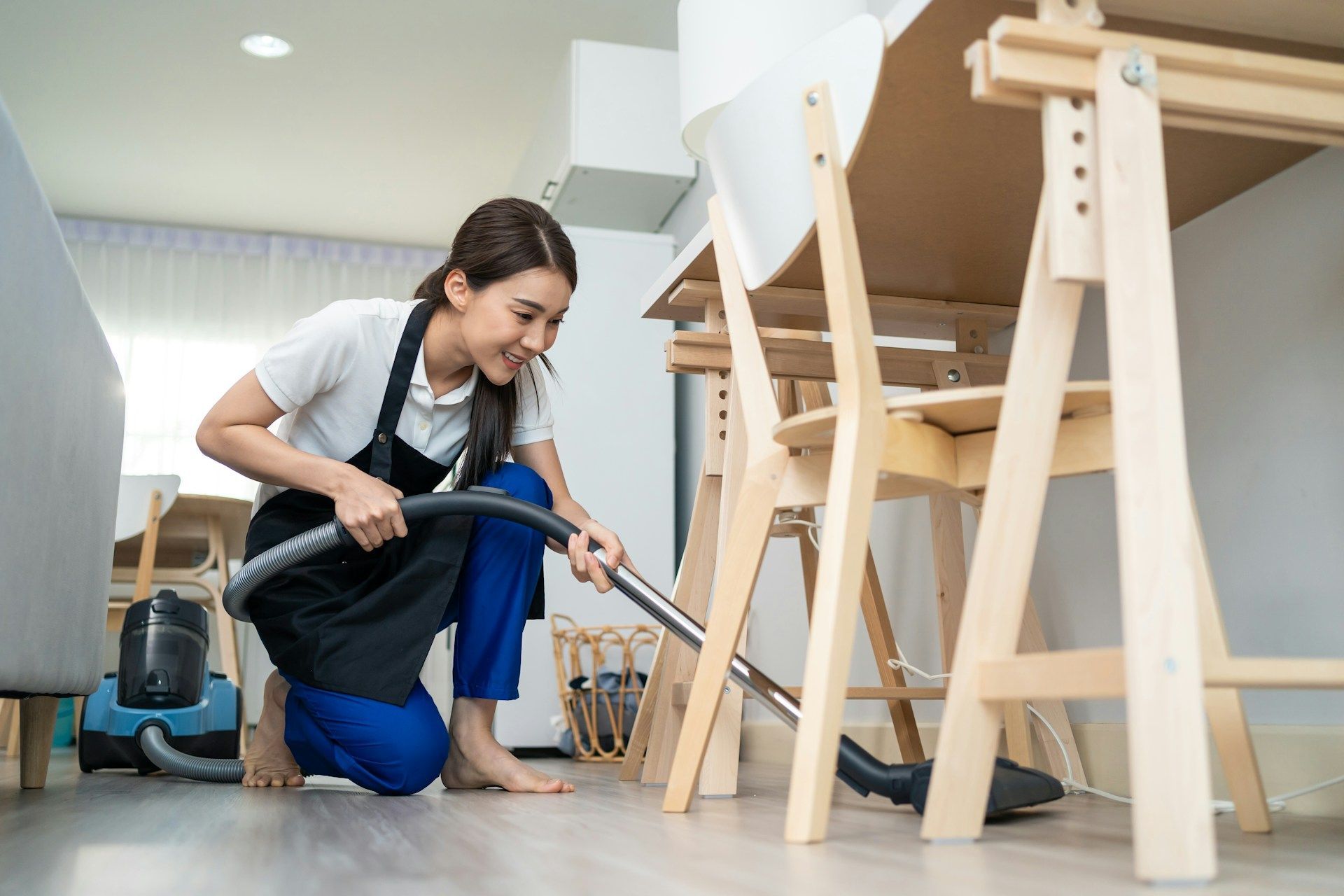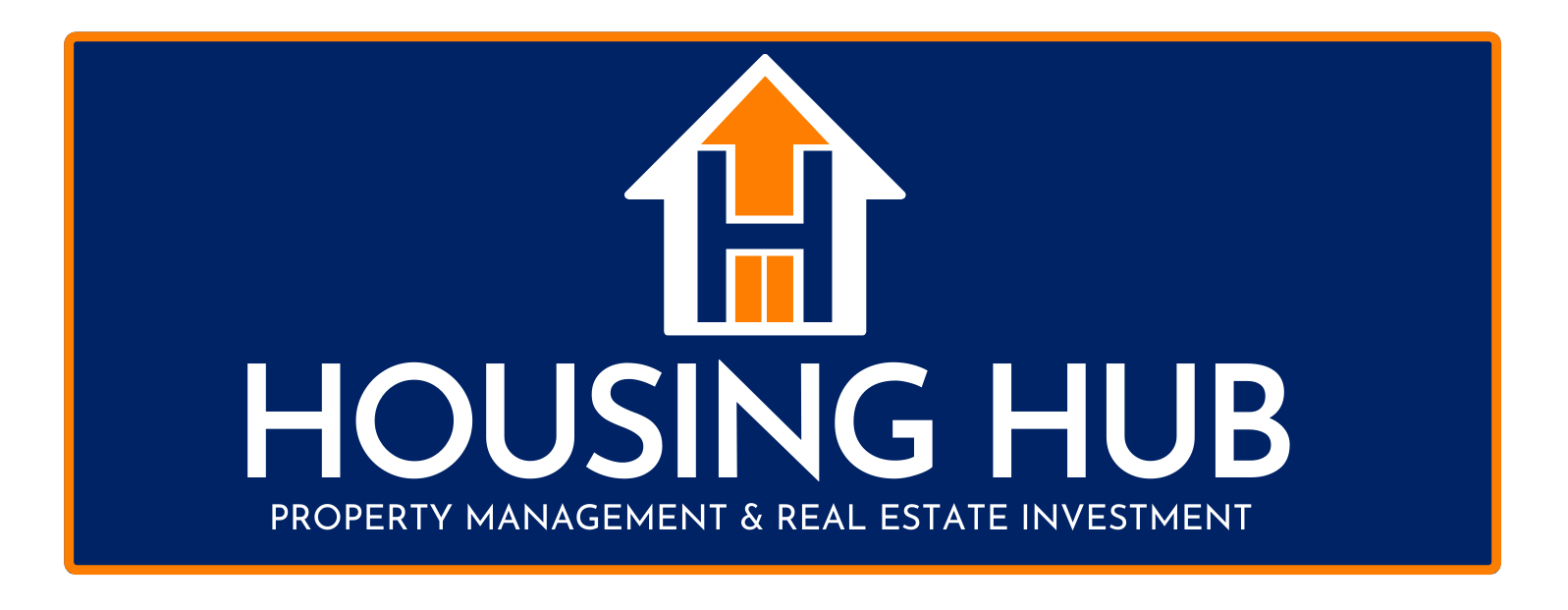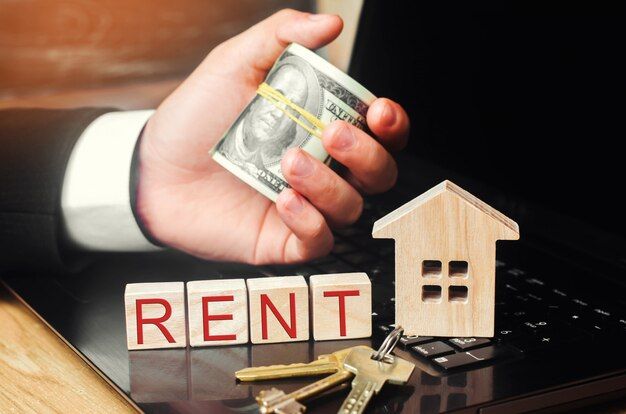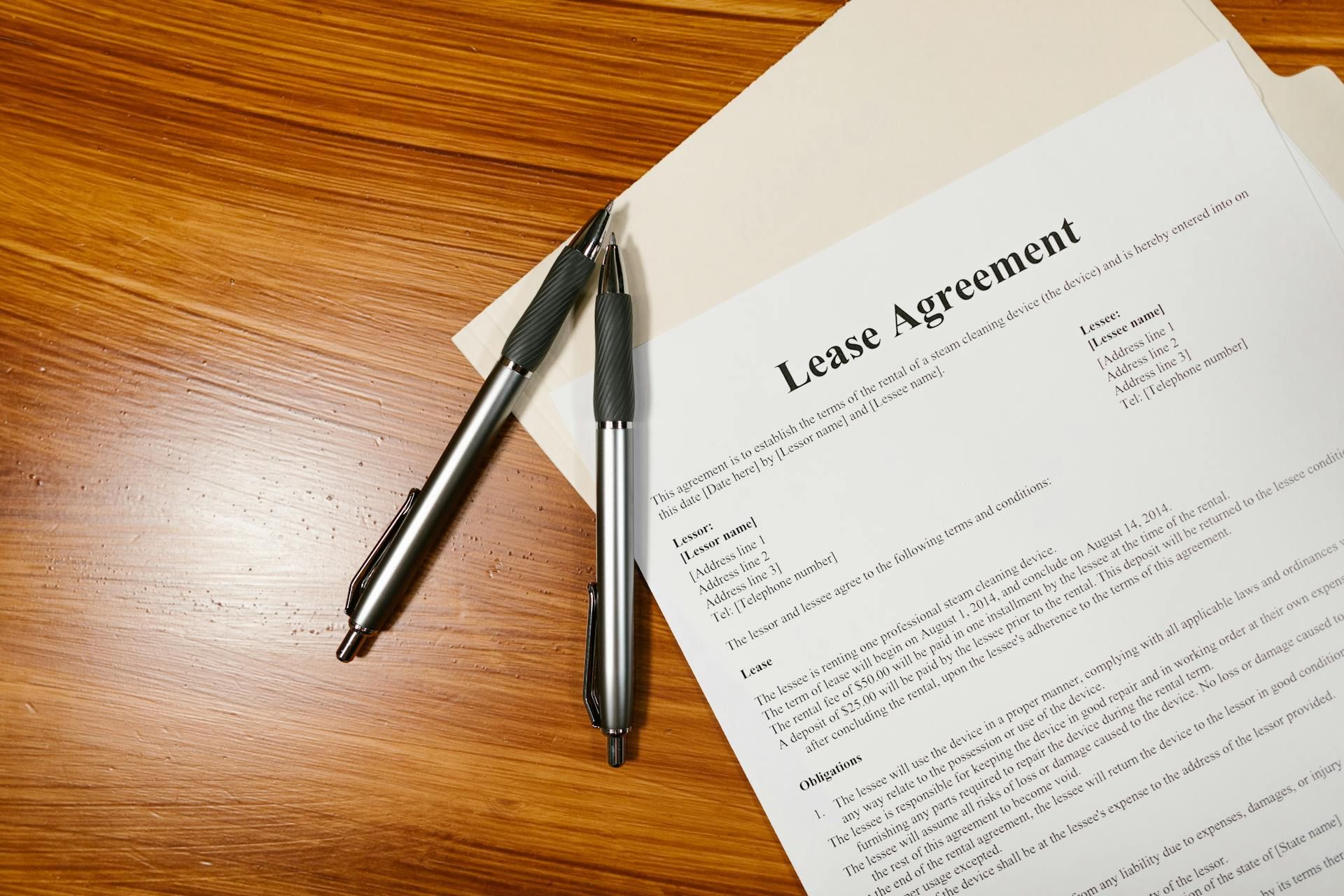Tenants' Rights: What Every Renter Should Know
Renting a home is a big step, and it's important to know your rights as a tenant. Understanding what you're entitled to can make your renting experience smoother and more enjoyable. Whether it's knowing what's in your lease or making sure your living space is safe, being informed helps you make the most of your rental situation.
Having clear knowledge of your rights also allows you to be treated fairly and ensures you are aware of the standards landlords should meet. It helps you identify and address any issues that may arise, from maintenance requests to privacy concerns. By being informed, renters can confidently navigate their living arrangements and maintain positive relationships with their landlords.
Understanding Your Lease Agreement
A lease agreement is a crucial document for any tenant. It outlines the terms and conditions of the rental arrangement between you and your landlord. Understanding its components helps you know what to expect and your responsibilities during your stay.
Key components of a lease typically include:
1. Rent Details: This section specifies the amount of rent, due date, and acceptable payment methods.
2. Lease Duration: You’ll find whether the lease is month-to-month or a fixed term, like a year. Knowing this helps you plan your stay and departure.
3. Security Deposit: Details about the deposit amount, conditions for refund, and any deductions are included here.
4. Maintenance and Repairs: This part outlines who is responsible for what types of repairs or maintenance.
5. Rules and Restrictions: Any house rules, such as pet policies, smoking restrictions, or use of communal areas, are covered here.
Common terms you might encounter:
Tenant Obligations: These are your responsibilities, like keeping the property clean and reporting repairs.
Landlord Obligations: These include maintaining the property’s habitability and addressing necessary repairs promptly.
By reviewing these parts carefully, you ensure that you’re aware of all obligations and can avoid misunderstandings.
If you have concerns about maintenance or safety, follow these steps:
1. Report in Writing: Always document repair requests by informing your landlord in writing. This creates a formal record.
2. Follow Up: If repairs are delayed, follow up with your landlord to check the status. This can be done via email or letter.
3. Know Your Options: If the landlord fails to make necessary repairs, you may have options such as withholding rent or arranging repairs yourself, depending on local laws.
These steps ensure that property maintenance issues are handled efficiently, keeping your living environment in good condition. Understanding your rights helps you ensure that your rental home is both safe and comfortable.
Navigating Security Deposits
Security deposits are a vital part of the rental experience, protecting both the tenant and the landlord. Knowing the rules and regulations ensures you handle them correctly and fairly. Generally, a security deposit is a payment made at the start of a lease to cover any potential damages or unpaid rent when a tenant moves out. The amount can vary, but typically it's one to two months' rent. By understanding your state and local laws, you can avoid disputes.
If you're aiming to get your full security deposit back at the end of your lease, there are a few key steps to follow. First, document the condition of your rental unit thoroughly when you move in, using photos and notes to capture existing issues. Inform your landlord about any pre-existing damage immediately. During your stay, follow the lease terms carefully and maintain the property. Any damage beyond ordinary wear and tear should be fixed before your lease ends.
When moving out, clean the unit thoroughly and take time-stamped photos to document its condition. Ensure all rent and bills are paid, and return all keys and access devices. Following this process can help secure your deposit return and maintain a positive relationship with your landlord.
Handling Privacy and Eviction Regulations
As a tenant, you have rights to privacy that should be respected by your landlord. Landlords typically need to provide notice before entering your home, although the exact amount of notice can vary by state. Understanding these rights helps ensure your living space remains private and secure.
In addition to privacy matters, it's crucial to be aware of eviction processes and protection laws. Evictions usually occur due to non-payment of rent, lease violations, or property damage. However, landlords can't simply remove tenants at will; they must follow legal procedures to do so. This often includes giving written notice and, if necessary, filing a court action.
To protect yourself, understand your lease terms and what could potentially lead to eviction. If facing eviction, tenants often have the option to contest it in court. Legal aid organizations can provide assistance, ensuring your rights are preserved.
Conclusion
Knowing your rights and responsibilities as a tenant is essential for a smooth and fair rental experience. From understanding lease agreements to ensuring the return of your security deposit, each aspect of renting requires attention. Protecting your privacy and understanding eviction regulations further empower tenants to live confidently and securely.
Embrace the opportunity to enhance your renting experience with confidence and peace of mind. If you're seeking more guidance or help with your rental needs, Housing Hub is ready to assist. Our team is committed to supporting property owners and renters alike, ensuring a successful and harmonious leasing experience. Reach out today to learn more about our rentals in Minnesota and discover how we can help optimize your property management process!
You might also like
Blog






